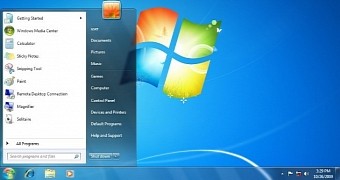Windows 7 is no longer getting support from Microsoft, as the 2009 operating system has reached the end of life in January 2020.
But of course, this doesn’t necessarily mean that everybody gave up on Windows 7 already, as many organizations out there are still running it because of app compatibility reasons.
Of course, most of these computers have put additional security measures in place, so in theory, even if they’re running Windows 7, their networks aren’t exposed to attacks. Others are still getting security updates through the ESU program which allows them to be provided with extra support in exchange for a per-device fee.
Now that Windows 11 is being developed, Microsoft hopes that some organizations would migrate their Windows 7 devices to the new operating system as well, though it’ll obviously be a challenge for older computers to support it in the first place.
Windows 7 to Windows 11
However, if a certain Windows 7 computer does meet the system requirements for Windows 11, it wouldn’t be allowed to move to the new operating system directly but only with a clean install.
This is because Windows 7 PCs aren’t provided with a direct upgrade method to Windows 11, in which case the only way to get the new OS is to start from scratch.
“Most devices available for purchase now will be upgradeable to Windows 11. You will have the option to upgrade, clean install, or Reimage Windows 10 devices to move to Windows 11. For Windows 7 devices that meet hardware requirements, you will need to clean install or reimage to go directly to Windows 11,” Microsoft says.
Needless to say, the whole process would therefore require additional work, especially for backing up the data, so IT admins are recommended to plan the migration in advance for their entire network.

 14 DAY TRIAL //
14 DAY TRIAL //